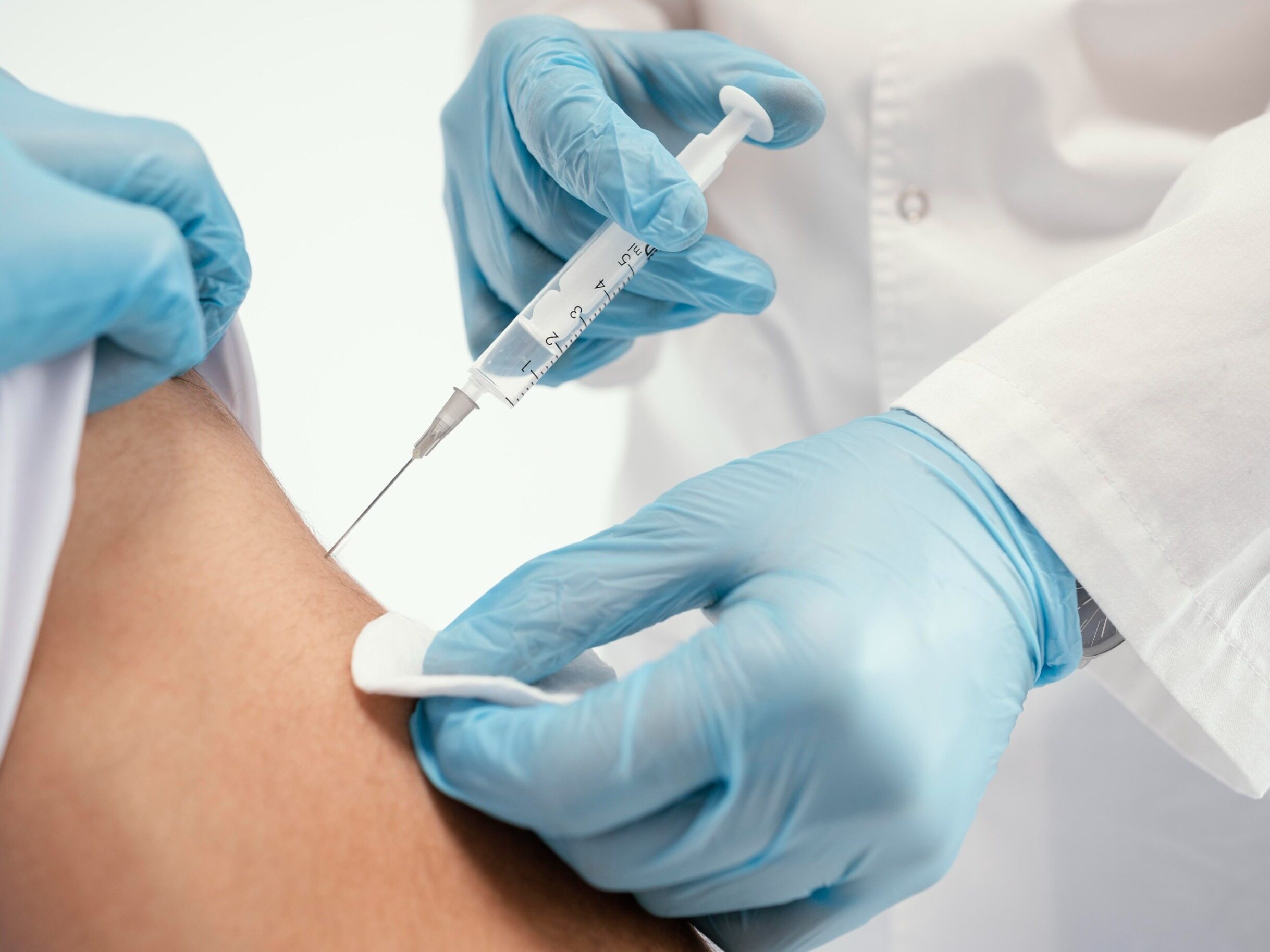The surprising effect of COVID-19 vaccines. They can reduce the risk of these serious diseases

With regard to vaccinations against COVID-19, a common concern was the occurrence of possible complications. Now, however, scientists have discovered that the effects of such vaccines may be beneficial in preventing heart and circulatory system diseases.
So far, it has been mainly reported that the SARS-CoV-2 vaccines from AstraZeneca and Johnson & Johnson may cause complications such as thrombocytopenia or myocarditis. In many countries, including Poland, AstraZeneca vaccines were withdrawn and instead preparations based on mRNA technology (from Pfizer and Moderna) were administered. These vaccines can also cause complications, but they are very rare. Now, however, it turns out that such vaccines can also work in a completely opposite way, contributing to a lower risk of developing certain diseases.
Vaccines reduce the risk of contracting more than just COVID-19
The electronic archive of unreviewed scientific texts contains the results of the latest research relating to vaccines against COVID-19. It turns out that they can protect not only against the severe course of this disease, but also reduce the risk of other diseases. We are talking about thromboembolic diseases, including stroke and heart attack.
How does this happen? This was explained by prof. William Whiteley of the University of Edinburgh. As the specialist explained, the reason is that the coronavirus attacks not only the respiratory system, but the virus also invades the vascular endothelium and, consequently, increases blood clotting. Therefore, COVID-19 can also be considered as a disease of the vascular and circulatory system.
The benefits of COVID-19 vaccines outweigh the risk of complications
Scientists say that, overall, the benefits of receiving a COVID-19 vaccine outweigh the risks associated with their use. Observations conducted during the first year of vaccination against COVID-19, which covered 46 million Britons, show that such vaccines reduce the risk of heart attack, stroke, but also deep vein thrombosis and pulmonary embolism by 20 percent. However, this effect may be even greater than it seems due to the fact that some people have postponed getting vaccinated
“In any case, we are assured that vaccination against COVID-19 does not increase the risk of thromboembolism,” concluded Prof. Kevin McConway from the Open University in the UK in an interview with New Scientist.
The vaccine is the best protection against coronavirus
We would like to remind you that currently in our country you can get vaccinated against COVID-19 free of charge and voluntarily. A Nuvaxovid vaccine is available, which protects against the latest variant of the coronavirus – XBB.1.5. Such a booster dose should be taken in particular by people from the risk group, i.e. people over 60 years of age, with comorbidities or reduced immunity, as well as health care workers.
Remember, however, that a revolution in registration for vaccination against COVID-19 has recently come into force. You can sign up via the MojeIKP application, the Patient Online Account and at the vaccination point, but the hotline is no longer available.






